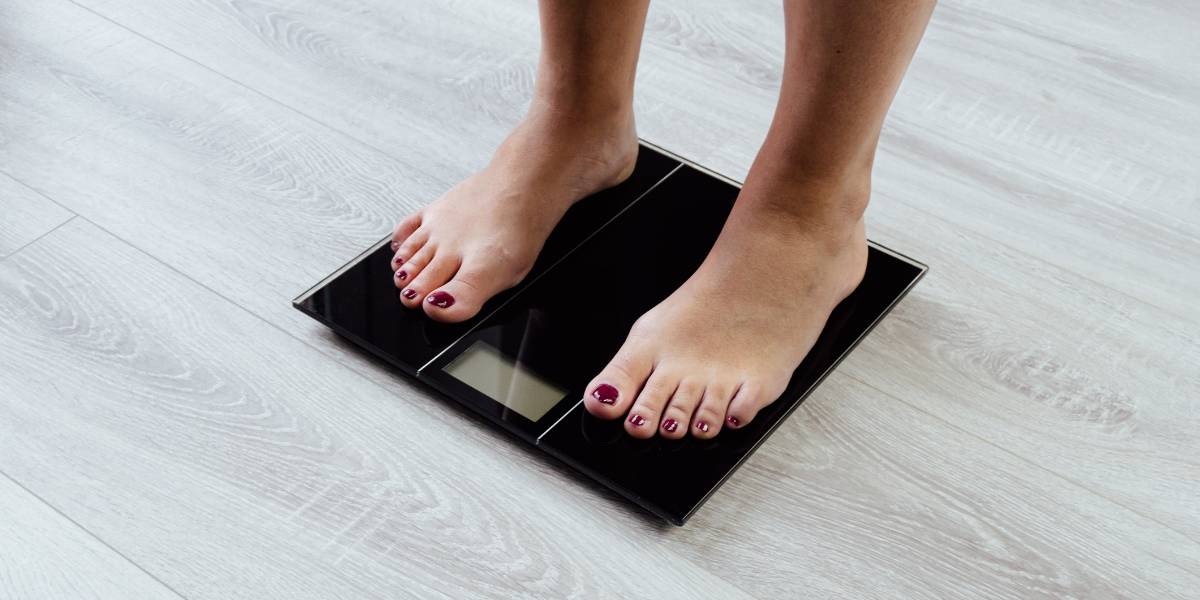Individuals following a vegan diet are more likely to have a lower biological age than those who eat meat, scientists have said.
A new study from the University in California has found that decreased signs of ageing were more present in people eating a plant-based diet than in those on an omnivorous diet.
The research team highlighted this finding after looking at the DNA of 21 sets of identical twins who were following different diets.
However, some academics have slammed this finding and believe that not eating meat could trigger health problems in the future.
- Waiting lists for kidney transplants hits highest number in 10 years
- Cardiometabolic benefits of swapping saturated animal fats for plant-based fats
- Plant-based ultra-processed foods linked to poor health outcomes
Prior research has also reported that people eating plant-based diets are not more likely to have a higher life expectancy than omnivores.
Nutrition expert Professor Tom Sander has criticised the study. He said: “The study’s relatively short follow-up time of just two months couldn’t account for the damage extended veganism could wreak on the body.
“For example, unless a vegan diet is supplemented with vitamin B12 they develop vitamin B12 deficiency that causes chronic and often insidious damage to the nervous system.”
He added: “Long-term observational studies of vegans also find adverse effects on bone density that is probably caused by very low calcium and marginally adequate protein intakes.”
Vitamin B12 is a nutrient that helps keep your body’s blood and nerve cells healthy and helps make DNA – the genetic material in all of your cells.
Vegans are at risk of developing a B12 deficiency as the vitamin is usually found in fish, meat and dairy products.
Professor Sander said: “Though, observational studies indicate that vegan diets may have favourable effects on health in middle-age, such as a lower risk of cardiovascular disease and type 2 diabetes, this is not the case in older vegans who seem more likely to suffer from muscle loss, low bone density and neurological disorders which have a significant impact on the quality of life.
“Other work had shown vegans didn’t appear to enjoy any boost to their overall longevity compared to omnivores.”
Dr Duane Mellor, a dietitian and spokesperson for British Dietetic Association, said: “Life-expectancy does not differ in vegans compared with those who select mixed diets.
“Although the study compared a vegan diet to an omnivorous diet, these diets were not entirely matched with vegan participants on average consuming around 200kcal fewer per day, resulting in an average 2 kg weight loss.”
He added: “It is possible that a reduction in energy intake could potentially have altered how the participants DNA was changed.
“Another important consideration was that the vegan group were asked to eat twice the number of portions of vegetables, more fruit and more legumes, nuts and seeds than the omnivore group.
“In part this was to replace meat, eggs and dairy foods, but this would mean fibre intake as well as the vitamin and mineral intakes are likely to be different between group, which also could in part explain the differences reported.”
- Could plant-based food swaps lower heart disease and type 2 diabetes risk?
- Eating your vegetables first during a meal can help you feel fuller for longer
- Twin research shows that a plant-based diet can improve heart health in just 8 weeks
The study participants in the omnivore group were required to eat a significant amount of meat throughout the trial.
Dr Mellor noted: “Omnivores were asked to eat six to eight ounces (175-225g) of meat per day, which seems a lot compared to the UK recommendations, although this was total meat and not just red meat, of 70 to 90 grams per day.
“The key for any diet with or without animal products is that it is made up of a wide range of foods, including vegetables, fruits, nuts, seeds, beans, peas and lentils with wholegrain and if you want to consume them moderate amounts of meat and dairy.”
He concluded: “If you do not wish to consume animal products then alternative sources of nutrients including iodine, iron, calcium along with vitamins B12 and D need to be included in your diet along with a source of omega 3 fatty acids.”
Biological age is how old your cells are. Sometimes an individual’s chronological and biological age are the same number, but everyone ages at different rates.




